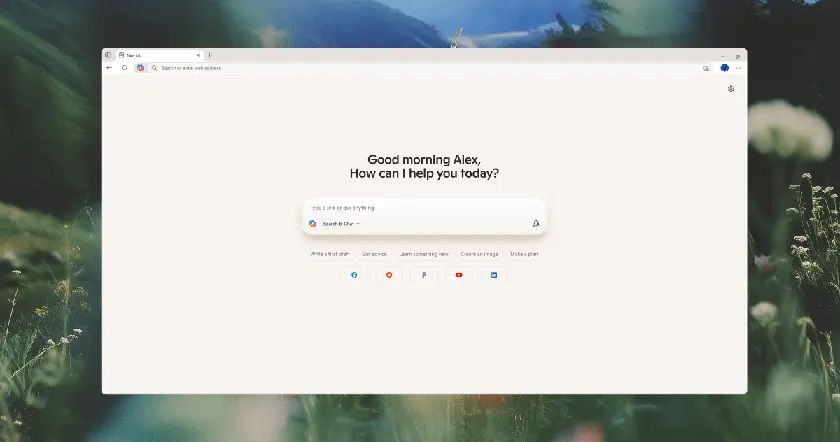T4K3.news
Google tests AI Mode changes
Google will test new AI Mode link features over the coming weeks to surface more useful, contextual links for readers and publishers.
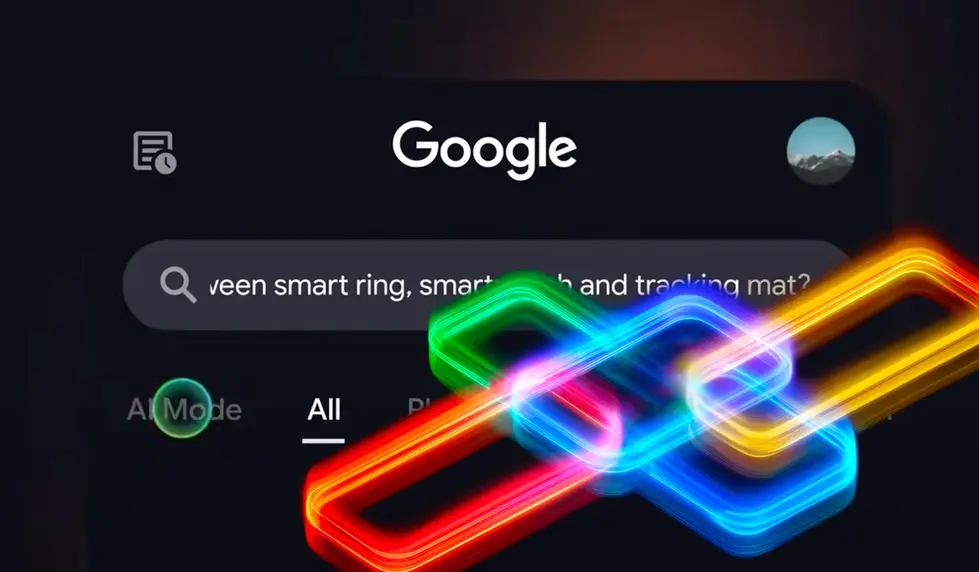
Google plans a staged update to AI Mode to surface more contextual links that guide readers to sources and boost publisher visibility.
Google tests AI Mode changes to boost publisher clicks
Google says it will test new AI Mode features over the coming weeks to encourage clicks that benefit publishers. The company will roll out embedded link carousels on desktop and soon on mobile, introduce inline links within text, and expand the Web Guide experiment into the All tab.
Robby Stein posted on X detailing these changes and noting that user context matters for click-throughs. The test raises questions about opt out, transparency, and how licensing fees might affect publishers.
Key Takeaways
"And you will be seeing some of these changes in the wild, so I wanted to share a bit more about what we are learning."
Robby Stein outlining rollout plans
"We have found that people really prefer and are more likely to click links that are embedded within AI Mode responses, when they have more context on what they are clicking and where they want to dig deeper."
Robby Stein describing user behavior
"We train the model to understand where and when people are most likely to want to click out."
Robby Stein on model training
The move shows Google balancing user experience with monetization. Embedding links within AI responses may improve relevance but could tilt visibility toward partners that perform well in AI Mode, raising concerns about fairness and openness.
Publishers will watch for opt out options and data sharing on click outs. If the system lacks clear metrics, there could be backlash and calls for stronger governance.
Highlights
- Context over clutter wins in AI surfacing
- Let users know where links come from and why
- Publishers deserve options and transparent practices
- The web shines when navigation helps you go deeper
Risk of publisher backlash over AI driven links
The update could shift traffic and revenue dynamics, raise concerns about opt out and transparency, and introduce licensing considerations that may affect smaller publishers differently.
The path forward will test how much guidance users want from AI and how publishers adapt to new link surfaces.
Enjoyed this? Let your friends know!
Related News
Pixel 10 review
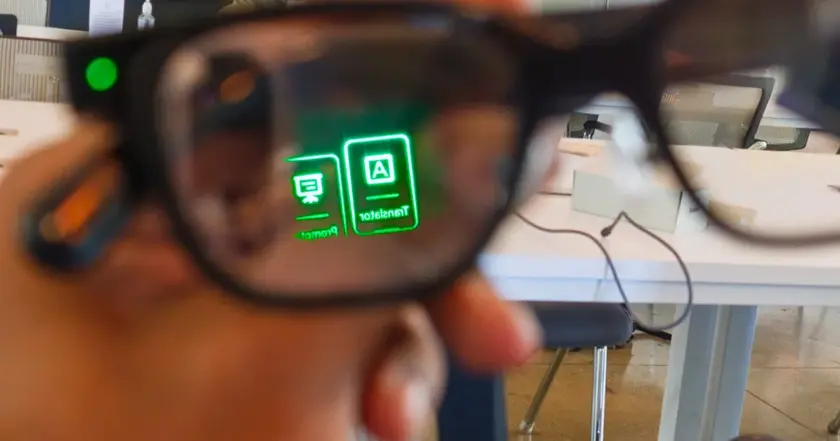
Rokid AI Glasses launch on Kickstarter
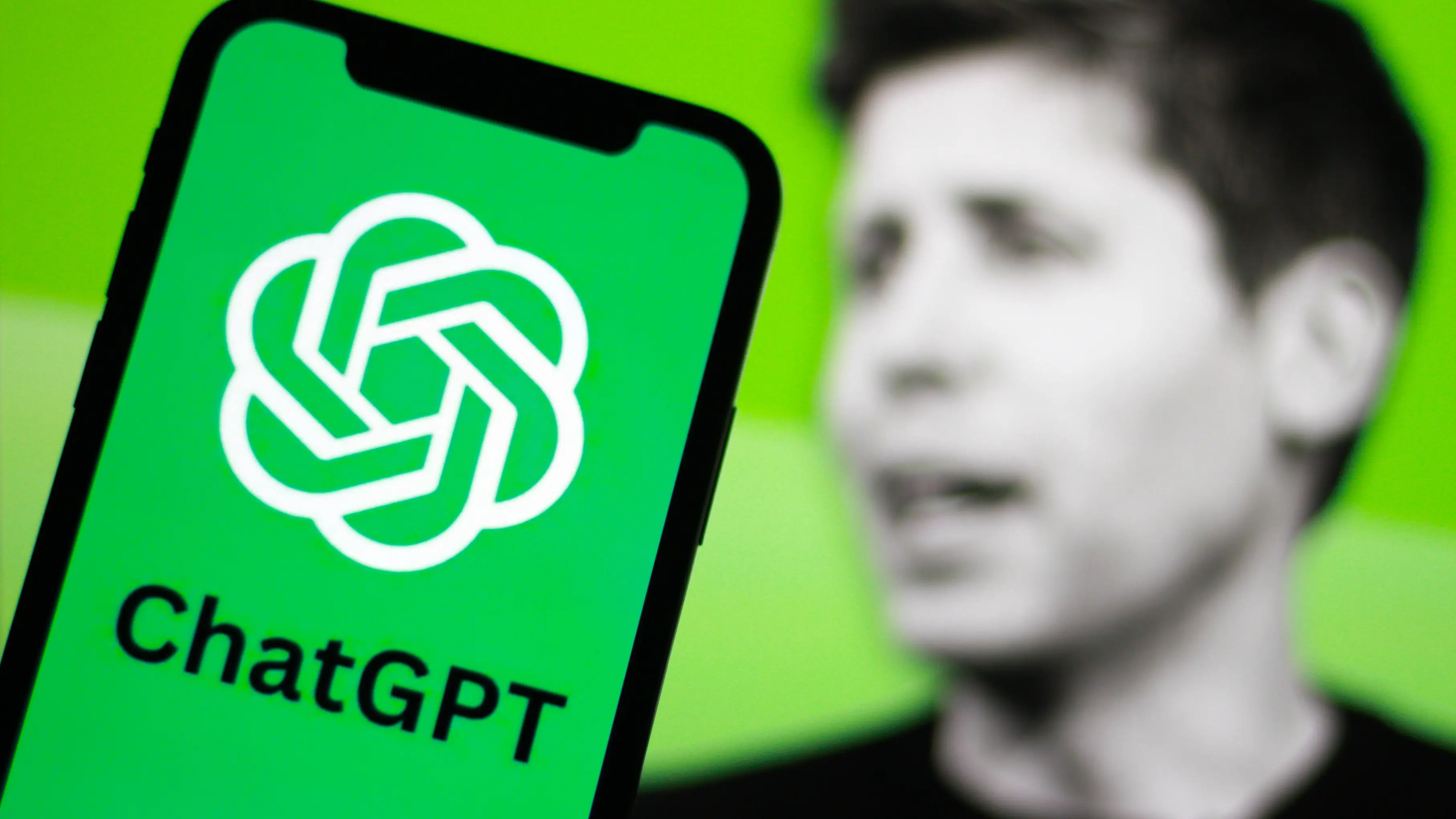
OpenAI launches GPT-5 with innovative features
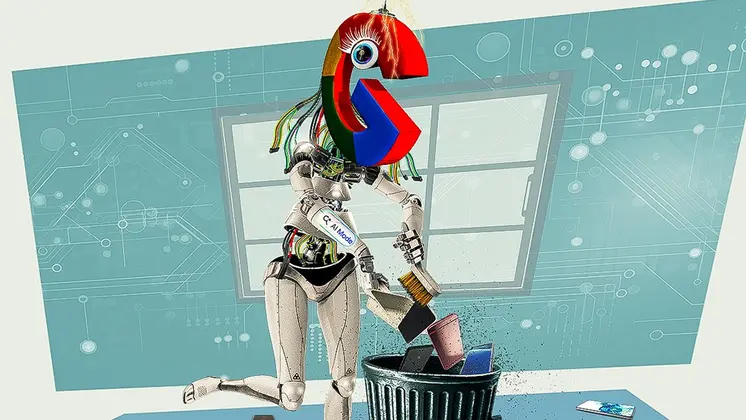
Google launches AI Mode in the UK
